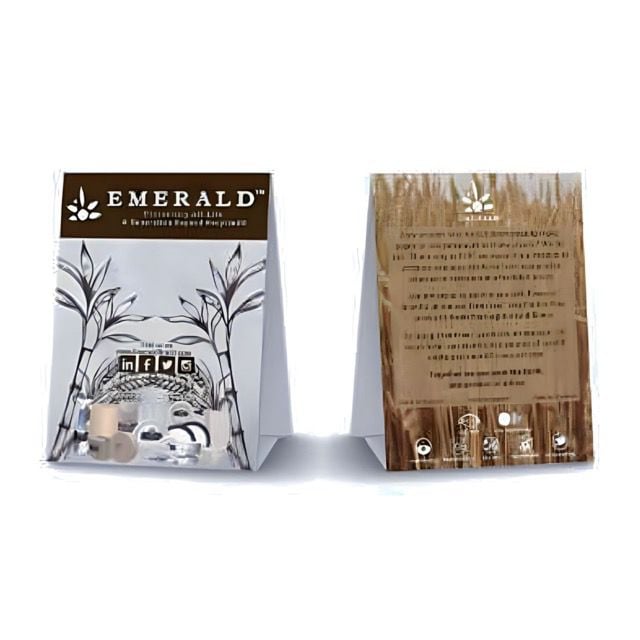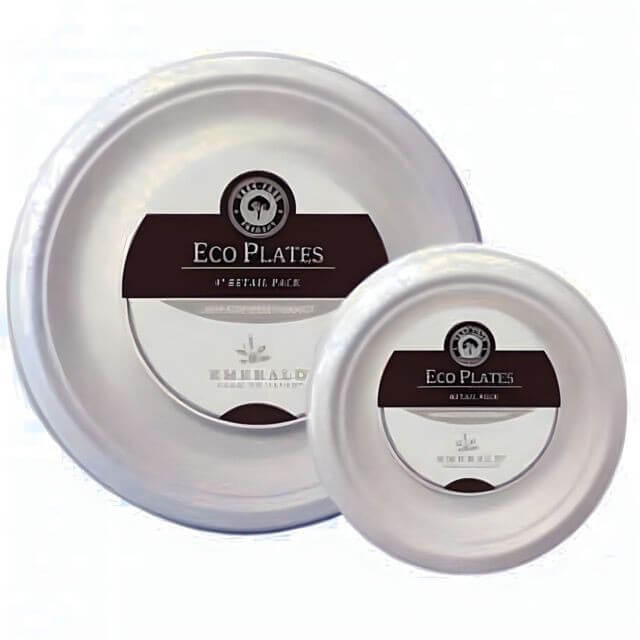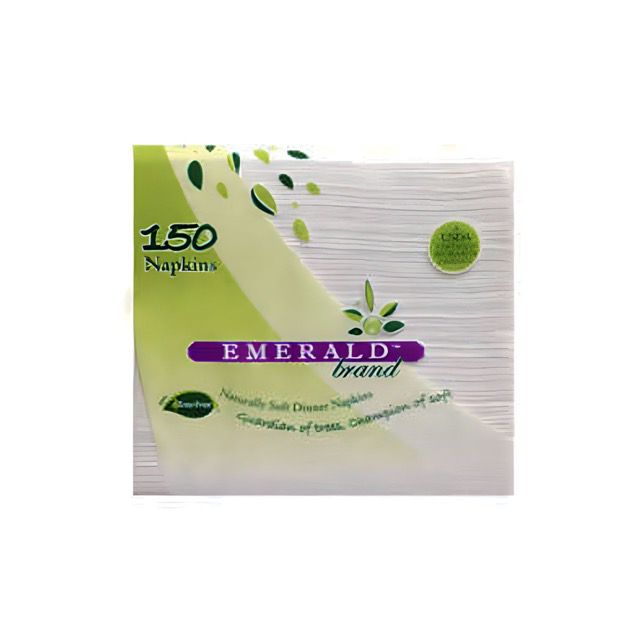Using the right amount of laundry detergent is essential to ensure clean and fresh-smelling clothes while also avoiding detergent waste. In this blog post, we will explore the proper use of laundry detergent and answer some common questions related to laundry products.
1. Does Laundry Detergent Expire?
Yes, laundry detergent can expire, but it typically has a long shelf life. Most wholesale laundry detergent come with a manufacturer's date indicating when the product was made. Generally, liquid laundry detergents remain effective for about six months to one year after opening, while powdered detergents have a longer shelf life and can last for up to two years or more.
However, if stored properly in a cool, dry place and sealed tightly to prevent moisture and air exposure, laundry detergent can often remain effective beyond their expiration date. Over time, the detergent's effectiveness may decrease, resulting in less efficient stain removal and cleaning power.
2. Are Bounce Dryer Sheets Toxic?
Bounce dryer sheets, like many other commercial fabric softener sheets, are generally safe to use in your laundry. They are designed to reduce static cling, soften fabrics, and add a fresh scent to your clothes when used in the dryer. The scent typically comes from fragrances added to the sheet.
While most people do not experience adverse effects from usingbounce laundry sheets, some individuals with sensitive skin or allergies may experience skin irritation or respiratory symptoms in response to the fragrances or other ingredients in the sheets. If you have concerns about using dryer sheets, consider using fragrance-free or hypoallergenic options.
3. How to Use Bounce Dryer Sheets?
Using Bounce dryer sheets or tide sheets is straightforward:
- After loading your laundry into the dryer, place a Bounce dryer sheet on top of the clothes before starting the drying cycle.
- You can use one sheet for a regular-sized load of laundry. For larger loads or extra softness and fragrance, you may use two sheets.
- Run the dryer as usual. The heat from the dryer will activate the dryer sheet, releasing its benefits throughout the cycle.
- After the drying cycle is complete, you can discard the used dryer sheet.
Tide Dryer sheets can also be used in various other ways, such as placing them in drawers or closets to keep clothes smelling fresh, or using them to remove static cling from clothing.
4. Does Laundry Detergent Kill Germs?
Laundry detergents are primarily designed to remove dirt, stains, and odors from clothing rather than to disinfect or kill germs. However, some wholesale laundry detergent are formulated with antimicrobial agents that can help reduce the growth of bacteria and germs on clothing during the washing process. These detergents are often marketed as antibacterial or disinfecting detergents.
To effectively kill germs and bacteria on laundry, it's essential to use hot water and a detergent specifically designed for disinfection. Regular laundry detergents may not eliminate all types of bacteria and germs effectively. Additionally, drying clothes in a hot dryer can also help kill some bacteria and viruses.
In situations where disinfection is critical, such as when washing clothes contaminated with infectious materials, it's advisable to follow guidelines provided by healthcare professionals or agencies responsible for infection control. These guidelines often recommend using specific detergents and high-temperature settings to ensure effective germ elimination.
In conclusion, using the right amount of laundry detergent is crucial for maintaining clean and fresh-smelling clothes while avoiding waste. Laundry detergent can expire over time, so it's essential to store it properly. Bounce dryer sheets are generally safe to use, but individuals with sensitivities should opt for fragrance-free options. Using bounce dryer sheets is simple and can enhance the freshness of your laundry. While laundry detergent wholesale are primarily designed to remove stains and odors, some may have antibacterial properties. For effective germ elimination, consider using specific disinfecting detergents and hot water when necessary.
About the Author
Haley Bridges, Marketing Assistant at Direct Textile Store
Haley Bridges has served as Marketing Assistant at Direct Textile Store, where she specializes in hospitality linens, uniforms, and bulk textile solutions. She works closely with hotels, restaurants, and healthcare facilities to match them with durable, high-quality products that balance both performance and value. Haley's expertise in textile sourcing and merchandising strategy helps businesses make confident purchasing decisions while staying ahead of industry trends.




